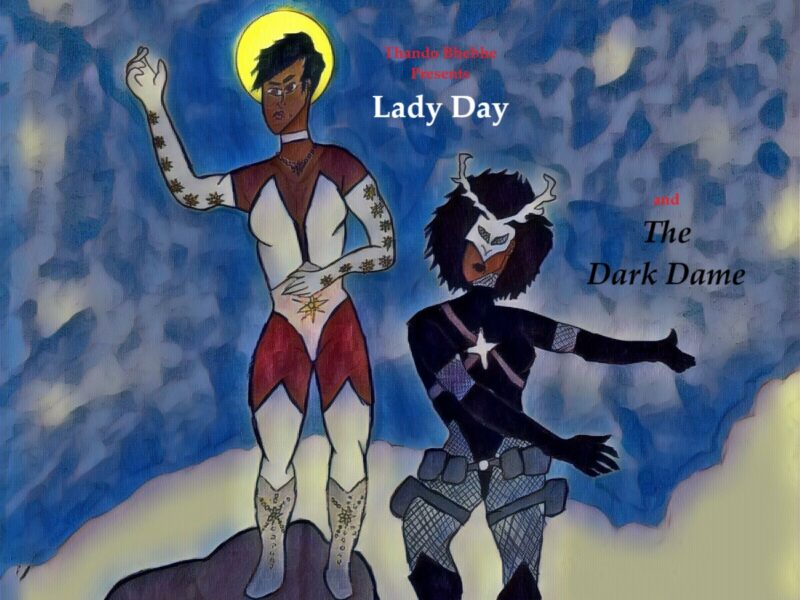The man ahead of me orders a standard coffee: large with regular cream and sugar. The employee, in one motion, pours the beverage with lightning-fast speed, mixing in sugar and cream equally as fast. The customer pays, grabs the familiar cup and leaves. The line advances. Exactly 18 seconds have passed. With a steady line, just over three large regular coffees can be made per minute, 200 in an hour and 1600 in an eight-hour shift.
Coffee ranks second in traded commodities, trailing behind oil. Among beverages, only water is consumed more. Many make stops at coffee shops part of their daily rituals. This speed and growing dependency on the daily pick-me-up allows or even forces Canadians to ignore the origins of their favoured brew.
Outlets for the addicted and the drowsy to order their perfect warmed or chilled, tall or short, coffee combination – with cream or soy milk, sugar or sweetener, medium or dark roast, with or without whipped topping – are everywhere. Despite the endless add-ons, it all starts with the bean. A tiny, brown bean that begins its journey somewhere warm, like Nicaragua. This journey, however, takes much longer than the 18 seconds it takes to pour a coffee – and produces much more than an advancing line.
Each blend, whether a full-bodied blend from Bolivia, a chocolate-infused Nicaraguan flavour or a Kenyan bean with orange undertones, starts on the branches of a coffee plant as a tiny, glossy-red coffee cherry. These cherries are hand picked, harvested, and processed. Placing the cherries in water ensures quality. The ripe, rosy beans sink, separating them from the under- or over-developed beans. Next, the cherries are dried, pulped and fermented. But this isn’t the end of the lengthy procedure. In fact, it’s not even the beginning.
It doesn’t really start with a red cherry. It starts with a person.
The sun beams down, and temperatures rise above 35 degrees Celsius. Some 25 million workers worldwide begin their mornings early – not by drinking coffee, but by performing the tedious task of individually handpicking the coffee cherries. The worries on their shoulders are as heavy as the coffee they carry. Work conditions are poor and wages are less than $2 a day at some farms. Education, clean water, and thriving communities are non-existent.
Western consumers and labourers don’t see that side of the coffee industry. Brantford’s Adam King, co-founder and director of the Ethical Coffee Chain, to be launched in April, has seen both sides of the bean. A coffee grinder in the background whirrs wildly as he begins his story.
King orders a frothy beverage before starting his narrative. He first describes his childhood in Bangladesh where his parents were missionaries, his high school band, his schooling, his experience with the Green Party, his marriage and children. Obnoxiously loud jazz music swells in the coffee house as King sips his drink, remembering the origins of Ethical Coffee Chain.
Adam King and Yoani Kuiper met at Glendon College, a campus of York University and began to question Canada’s coffee industry. In the Netherlands, Kuiper’s home country, approximately 27 per cent of coffee sold is fair trade. Canada imports roughly one per cent.
King and Kuiper went from university friends to business partners after realizing the three ‘A’s Canadian coffee consumers experience when it comes to ethically traded coffee: they are limited availability, awareness and affordability.
Ways to evade these problematic ‘A’s of fair trade products exist. Grocery stores carry both fair trade coffees and teas. Closer to campus, Stir It Up! offers fair trade and organic meals.
Both Williams and Coffee Culture sell fair trade coffee, though Williams’ fair trade option costs more than its traditional blend. Chocolate lovers can find fair trade Cadbury chocolate at Shoppers Drug Mart. The downtown’s own Stedman Community Bookstore also carries fair trade treats.
Despite the options, many are unwilling to pay extra fees and are unaware of the unseen costs of products they buy. King and Kuiper began devising ideas to change this reality. A trip to Nicaragua put the wheels in motion almost five years ago.
“It was an educational trip. We began finding and connecting with people there to see if we could start up this thing that was taking shape in our minds,” explains King as he sips from his coffee mug.
Ethical Coffee Chain differs from standard fair trade coffee-related organizations that use a traditional but complicated business model. Coffee travels from a farm to the middleman who sells it to a coffee chain who sells it to a consumer. Ethical Coffee Chain removes the middleman; coffee is purchased online and shipped from the farm to consumers’ doors. Upon ordering, customers become part owners of the consumer co-operative. Customers hold a share equal to the sum paid when joining. There are fewer steps in the coffee’s journey from crop to cup, therefore fewer people profiting. This method allows Ethical Coffee Chain to pay farmers fair wages that go directly to their family and community.
“We don’t intend to maximize profit, but to provide as much value for buyers as possible and as much benefit for farmers,” says King.
An Ethical Coffee Chain bean will be more monitored on its journey to the bag. Each bag will contain information about the coffee farm and farmer. Nicaraguan communities supported by Ethical Coffee decide what community initiatives are needed. Coffee bags will include links to the website where this progress is logged. Most uniquely, initiatives will allow customers to visit the farms and help with community projects.
“The biggest farms were the most marginalized with malnourished, poverty stricken people. There was no education, no security, and they were mistreated,” remembers King. “We are trying to empower those migrant workers, give the children education and break this cycle.”
The jazz music begins to fade as King’s story winds down. He puts down his now-empty cup. It resembles a bowl more than a mug. He fiddles with it, moving it around on the table, leaving translucent rings behind.
Again, I’m in line and the person ahead of me places an order. This time, I do not time how long it takes the barista to serve them, but I notice again how swiftly the steaming beverage is poured. The line advances but there are still two people between myself and the counter. One of King’s stories of Nicaragua lingers heavily in my mind.
“Yoani’s parents would send people every year to help in Nicaragua, but they would drink Folgers at church socials. Even people engaged in the community who know the results of the system still don’t choose another way,” says King.
The line advances. A non-fair trade coffee is purchased and another dollar reaches the pocket of the middleman before the labourer can see it. Nicaraguan farmers remain trapped in the cycle like the rings of coffee that stick to the table.



